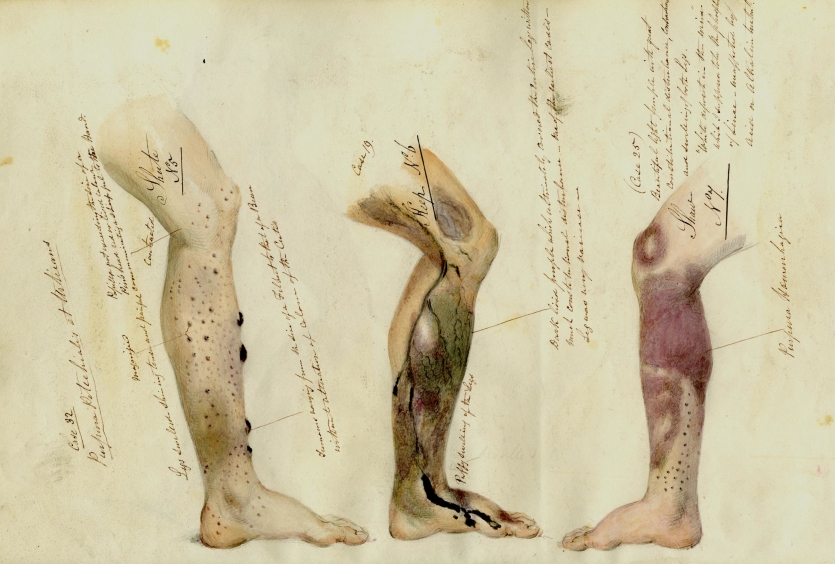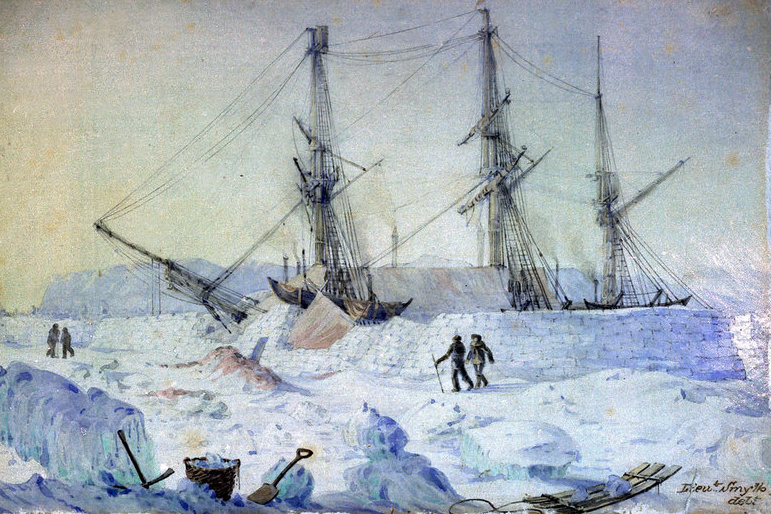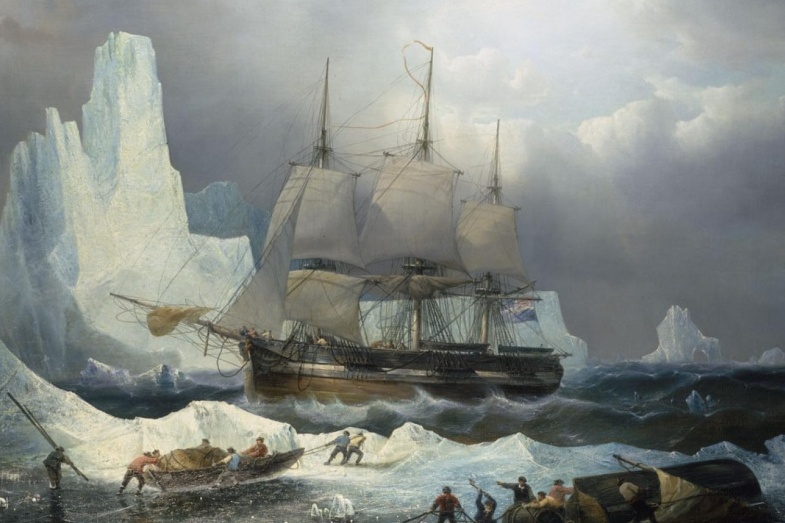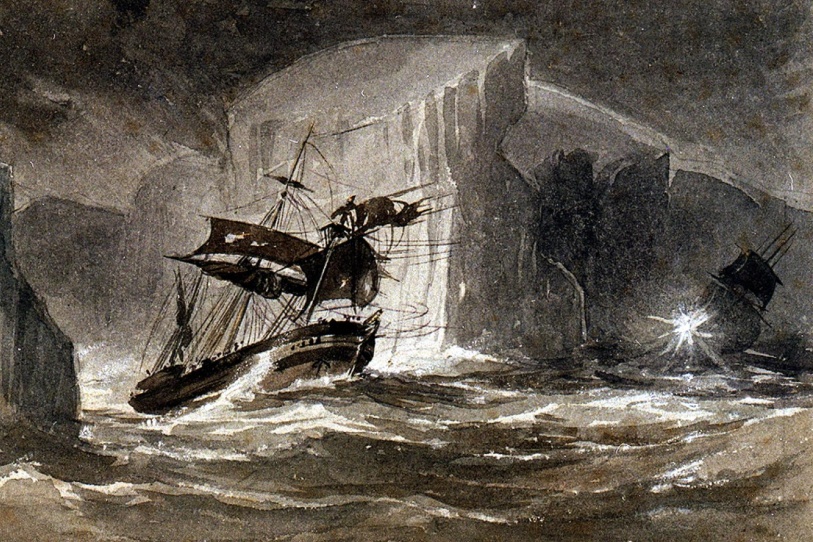Perils of the Arctic
On Scurvy by W. E. Parry
...I have received this morning the first unpleasant report of the scurvy having made its appearance among us: Mr. Scallon, the gunner of the Hecla, had for some days past been complaining of pains in his legs, which Mr. Edwards at first took to be rheumatic, but which, together with the appearance of his gums, now left no doubt of the symptoms being scorbutic...
...Every attention was paid to Mr. Scallon's case by the medical gentlemen, and all our anti-scorbutics were put in requisition for his recovery: these consisted principally of preserved vegetable soups, lemon-juice, and sugar, pickles, preserved currants and gooseberries, and spruce-beer...
The loss of lemon-juice, of which I have before had occasion to speak, in consequence of the breaking of the bottles by frost, continued still to take place to so great a degree, that it now became absolutely necessary to adopt some measures for providing against similar contingencies in future, and to preserve the remainder...

On Frostbite by W. E. Parry
...As we were now, however, approaching the coldest part of the season, it became more essential than ever to use the utmost caution in allowing the men to remain for any length of time in the open air, on account of the injury to their general health, which was likely to result from the inactivity requisite to the cure of some of the most trifling frost-bites. Mr. Edwards has favoured me with the following brief account of such cases of this nature as occurred on board the Hecla:" The majority of the men who came into the sick-list, in consequence of frost-injuries during the severity of the winter, suffered mostly in their feet, and especially in their great toes; and, although none of them were so unfortunate as to lose a toe, yet few cures were effected without the loss of the nail and cuticle, in which the vital power was invariably destroyed...
...they immediately ran out with it; and Smith, not having time to put on his gloves, had his lingers in half an hour so benumbed, and the animation so completely suspended, that on his being taken on board by Mr. Edwards, and having his hands plunged into a basin of cold water, the surface of the water was immediately frozen by the intense cold thus suddenly communicated to it ; and, notwithstanding the most humane and unremitting attention paid to them by the medical gentlemen, it was found necessary, some time after, to resort to the amputation of a part of four fingers on one hand and three on the other...
On Wintering Ships in Ice by Helen Humphreys
...The ships are fastened in the ice now, frozen in a sheltered bay. This is to be their winter harbour. Everything has gone well. This immobility is all part of the plan, and yet it makes the sailor nervous to hear the groans of the ship as the ice constricts around her girth, and to gaze out over a whitening horizon. Soon the decks themselves will be closed in, draped with tarpaulins to try and prevent snow from burying the ships and to attempt to trap some of the heat from the coal fires burning below...


